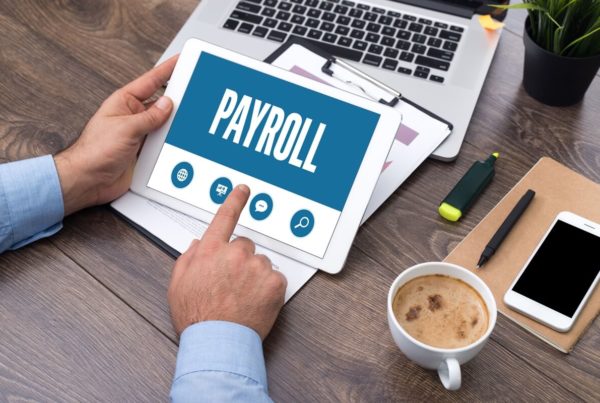Further to our last post on LPT,below is a summary of how it will work though payroll if you have chosen or choose that option in the future (some points ares specific to Jefferson’s software but most payroll should be similar):
- LPT will operate like a reducing balance. If an employee misses a few pay periods due to absence then the LPT balance remaining is evenly spread over the remaining pay periods in the tax year
- The LPT liability is ONLY advised by Revenue (nominally, on the P2C) — this figure cannot be overwritten unless explicitly instructed to do so by Revenue
- ROS screens as well as P30, P35, P45, and P60 forms have changed to include LPT year‐to‐date amounts
- Almost all queries around LPT will be dealt with by Revenue. Generally, the obligation falls on the employee to discuss these directly with Revenue
- An important point is that any outstanding LPT liability is NOT carried forward on payroll to the next tax year. Revenue will issue an amended P2C in March that will include any carry forward
- LPT must be deducted even if this will leave an employee with little or no pay in the week/month. The employee must contact Revenue themselves if this scenario arises and causes issues
- Refunds of LPT are dealt with by Revenue
Revenue’s LPT FAQs for Employers is updated regularly and is a good guide to the operation of Local Property Tax
Jefferson clients will be issued directly with a 10 slide PDF highlighting what changes they will see including sections on:
- Revenue Forms
- Employee & Variable Amendment Logs
- Payslips / iPayslips
- Payroll Reports (including new LPT report)
- P30 Returns
You can get automatic updates to this blog by entering your email on the right hand side, follow us on Twitter (@jpireland), via Facebook or Google+
All the best,
The Team at Jefferson
All the best,
The Team at Jefferson





